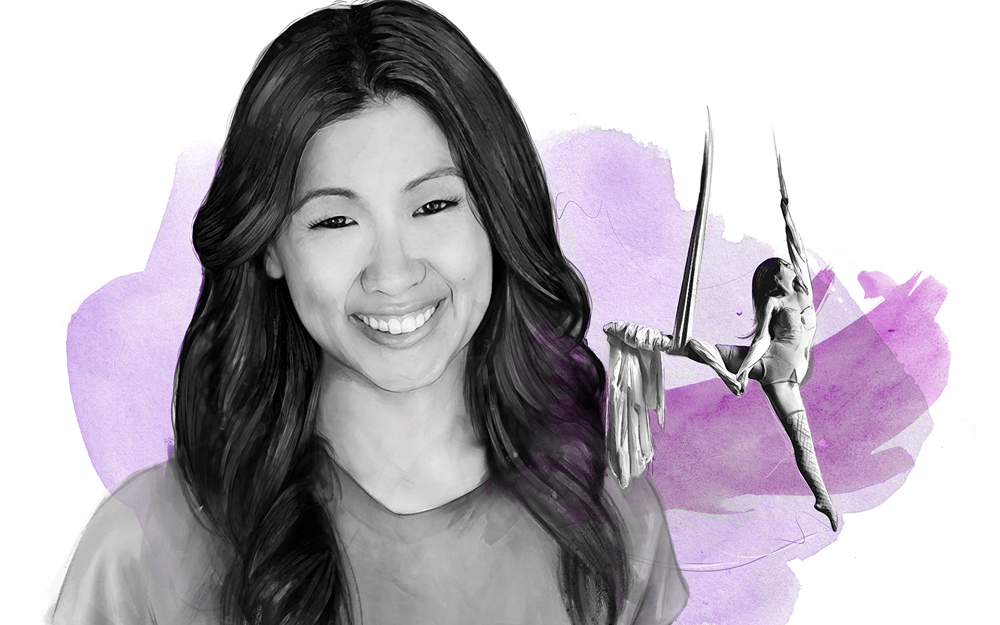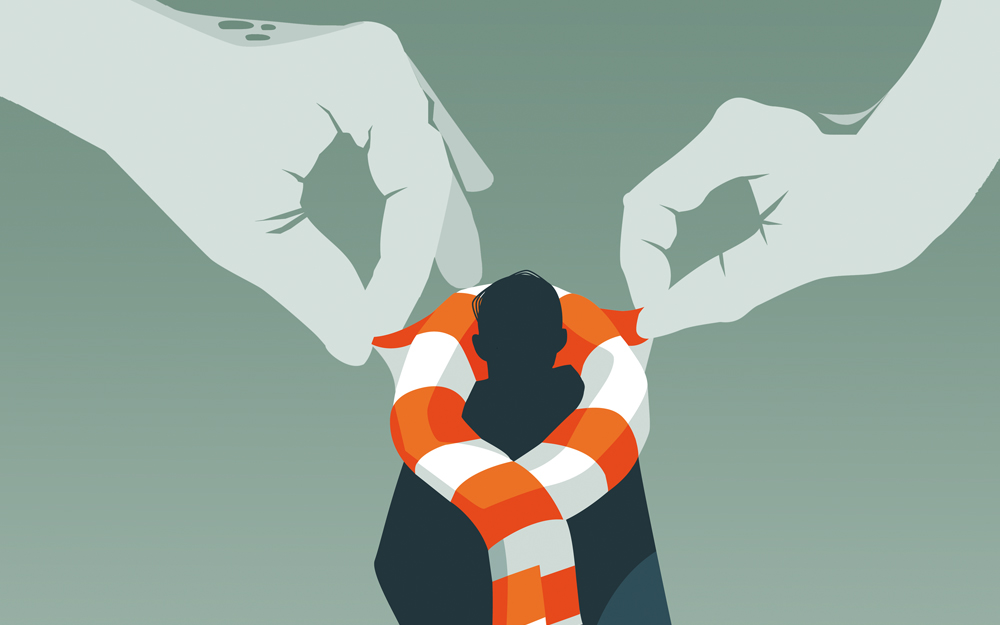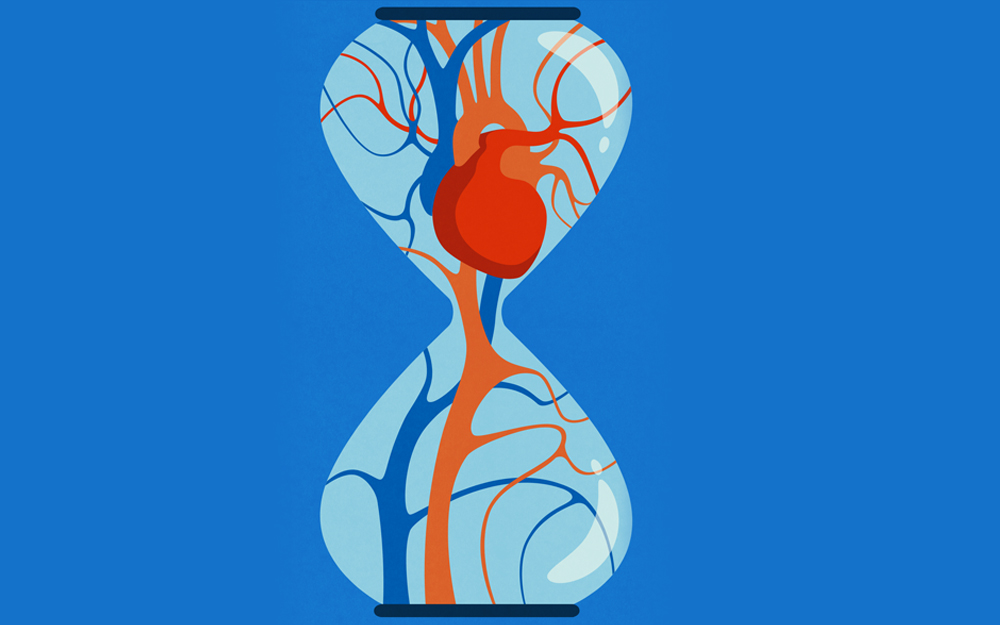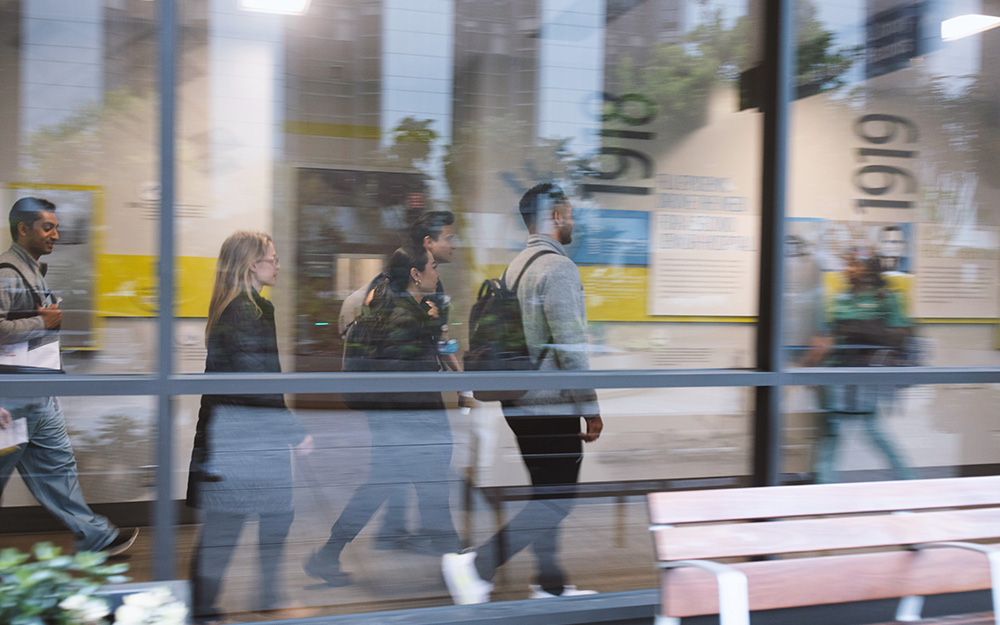Nourishing Faith and Racial Equity
Date
November 1, 2021
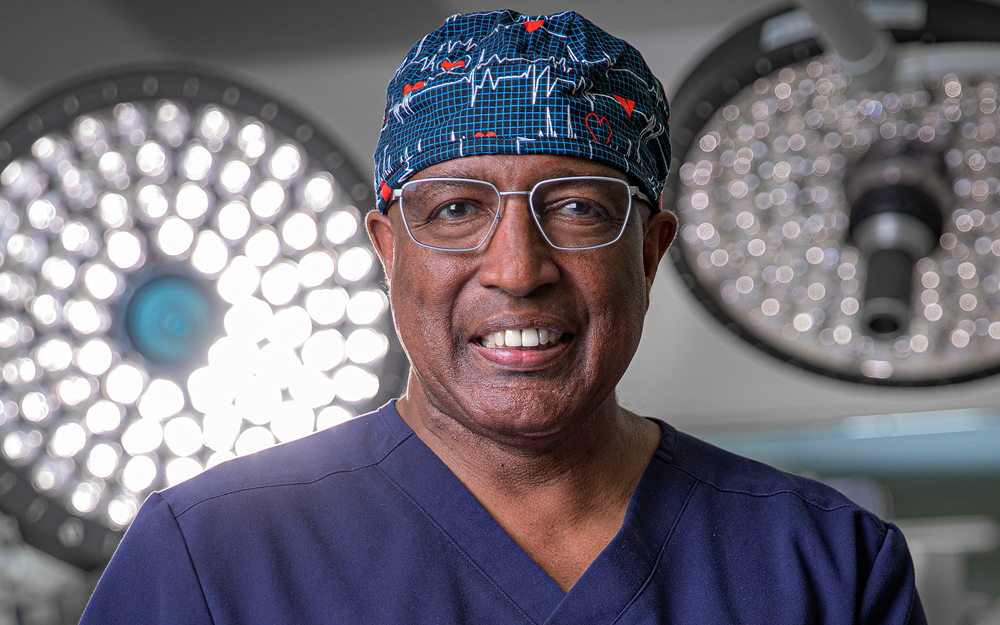
Date
November 1, 2021
Medical providers featured in this article
In Brief
{{cta-block}}
NAME
Calvin Johnson, MD, Anesthesiologist
[Faithful deacon, inclusion advocate and family man]
RURAL ROOTS
Chickens, vegetable gardens, a pig, a cow—Calvin Johnson's family might not have had much materially, but he never went hungry: His diet was sourced straight from the land.
One of eight children, the Cedars-Sinai anesthesiologist grew up on an 11-acre family farm in Western Michigan. It was a place that nourished him, where he could run fast and far, and where he developed into a talented athlete.
It's also the first place where he saw the ugliness of racial prejudice. As a Black man practicing medicine, Johnson now pushes back against stereotypes and inequality and is committed to rooting them out.
"Having difficult conversations and sharing our experiences—that's the best approach," he says.
FACING THE "MOB MENTALITY"
A basketball point guard, Johnson’s first exposure to racism was as a high school sophomore.
The team had driven a few hours away to a rural white community, and he was the only Black student on the court.
"Just as I was preparing to shoot, another student screamed out a racial slur," he recalls¬. "There were about 500 people in the stands. No one said a word. This is where the mob mentality kicks in."
Soon, 10 to 15 other students joined in the shouting.
The best treatment for a mob mentality like that? Addressing biases in a constructive way, Johnson suggests.
"Cedars-Sinai is being proactive," he says, referring to a host of diversity and inclusion efforts, especially those fostering dialogue.
BLACK MEN IN WHITE COATS
One huge crisis is the lack of Black representation in medicine, says Johnson, who recently hosted a Cedars-Sinai screening of "Black Men in White Coats,” a documentary on the issue.
A long history of healthcare injustices has kept many Black patients away from medical care, but having more doctors who look like their patients can help foster trust and repair disparities, he says.
Johnson still remembers the time an elderly patient told him he had made her day—because she had never even seen a Black doctor, let alone been treated by one.
"She felt safe with me," he says.
Representation is even more vital now because of COVID-19, which has overwhelmed communities of color, he adds.
Johnson is working with mentorship programs to recruit an even more diverse medical student force to Cedars-Sinai.
HONORING FAITH AND FAMILY
Johnson's Christian faith has come first, with family a close second. He merges the two serving alongside his wife, Elaine, at South Bay Church of Christ, where they are deacons. They draw on their 36-year marriage and journey as the parents of three adult children to counsel other families.
Faith has given him conviction, strength and gratitude—even during the pandemic and social unrest—which "made the world slow down and evaluate humanity and life."
"I'm very, very hopeful," he says. "I know that God's in control."
